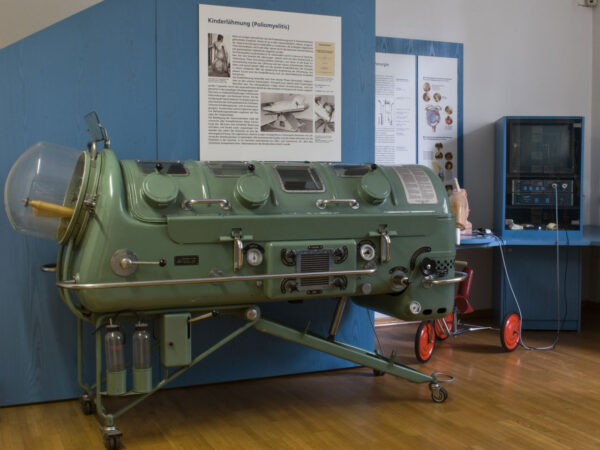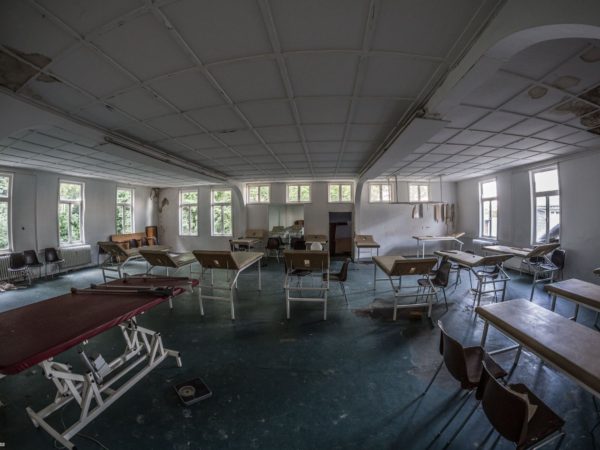
Interview with an East German Specialist Physiotherapist
An interview with Brigitte Böttcher, former specialist physiotherapist for psychosocial medicine in the German Democratic Republic (GDR). The distinct historical development of physiotherapy in the German Democratic Republic (1949 to 1990) has been neglected. For this reason, the experiences and memories of witnesses are crucial to learn more about this …

Locating Objects from Physiotherapy History
There are different ways to learn about (physiotherapy) history as a wide variety of sources answer questions about the past. Historians differentiate between primary sources, i.e. sources that have survived from the past, and secondary sources, i.e. accounts of the past that are written at a later period of time. …

The End of a Physiotherapy School
Abandoned architectural, infrastructural or technological artifacts of the past are scattered all around the world, reminding us that nothing built by (wo)man can ever stand the test of time on its own. The reasons behind the abandonment of such places vary, and for a long time in most cases they …

Lina Haag (1907-2012): A Moral Voice in Nazi Germany
In 2012 Lina Haag died near Munich at the advanced age of 105 years. She was born in 1907 in the German southwest as the daughter of a maid and a worker and became involved in the German Communist Party in the 1920s. After the Nazis seized power, her husband …

“History of Physiotherapy in the Post-War Period and the 1950s” – An Oral History Project from Germany (Work in Progress)
By Karoline Munsch and Sandra Schiller Over the years, quite a number of oral history projects have been conducted in physiotherapy, for example in the USA (https://www.apta.org/History/OralHistories/), the United Kingdom (http://sami.bl.uk) and New Zealand (https://100yearsofphysio.org.nz/oral-histories/). The occasion for such projects has often been an anniversary, e.g. the centenary of the founding …
